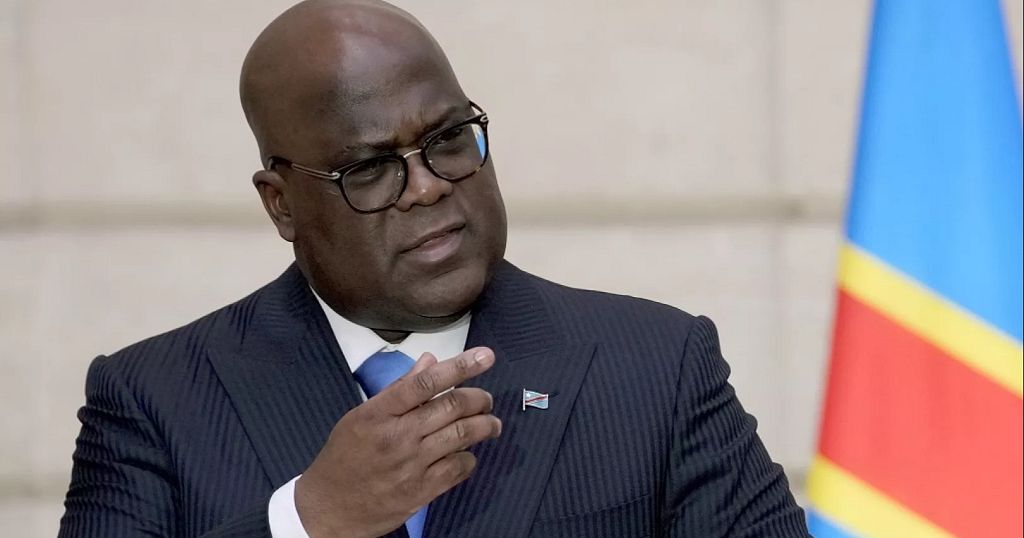Democratic Republic of Congo President Félix Tshisekedi has moved closer to a long-rumored government overhaul, signaling major changes to his administration during a Council of Ministers meeting on July 25, 2025. Multiple sources confirmed the president’s intention to replace several cabinet members, describing the session as the “final meeting” for some attendees and foreshadowing a streamlined executive branch. The anticipated reshuffle aligns with broader pledges to cut operational budgets across ministries by 30%, reduce salaries for senior officials, and extend political invitations to opposition factions.
Insiders directly familiar with the discussions, including ministers present at the meeting, reported Tshisekedi’s emphasis on “downsizing” the government. This includes not only trimming the number of ministerial positions but also fostering cross-party collaboration. The administration’s dual focus on fiscal austerity and political outreach appears driven by recent consultations led by Eberande Kolongele, the president’s security advisor. These discussions reportedly highlighted the need for structural reforms amid escalating violence in eastern DRC, where armed groups continue to destabilize the region.
In a strategic shift, Tshisekedi has recently engaged with opposition figures to forge a unified strategy against perpetrators of conflict in the east. This reconciliation effort coincides with internal critiques of his governing coalition, the Sacred Union. During a February address to lawmakers and party leaders, the president openly chastised allies for insufficient mobilization efforts, stating, “I haven’t observed many individuals stepping up to encourage our youth to enlist and defend the homeland. I regret that.”
The proposed austerity measures, including salary reductions for public officials, come as the government seeks to redirect resources toward security and social priorities. Analysts suggest the reshuffle reflects both economic pragmatism and political recalibration, with Tshisekedi balancing fiscal constraints against mounting pressures to stabilize conflict zones. Earlier overtures to opposition groups could signal a broader realignment ahead of future elections, though no timeline for the cabinet changes has been announced.
For months, speculation about large-scale ministerial departures has dominated Congolese political discourse, fueled by the president’s growing impatience with governance challenges. The planned restructuring marks one of the most significant adjustments to Tshisekedi’s administration since he took office in 2019, underscoring the complex interplay between economic reform, security imperatives, and coalition management in a nation grappling with persistent unrest.
